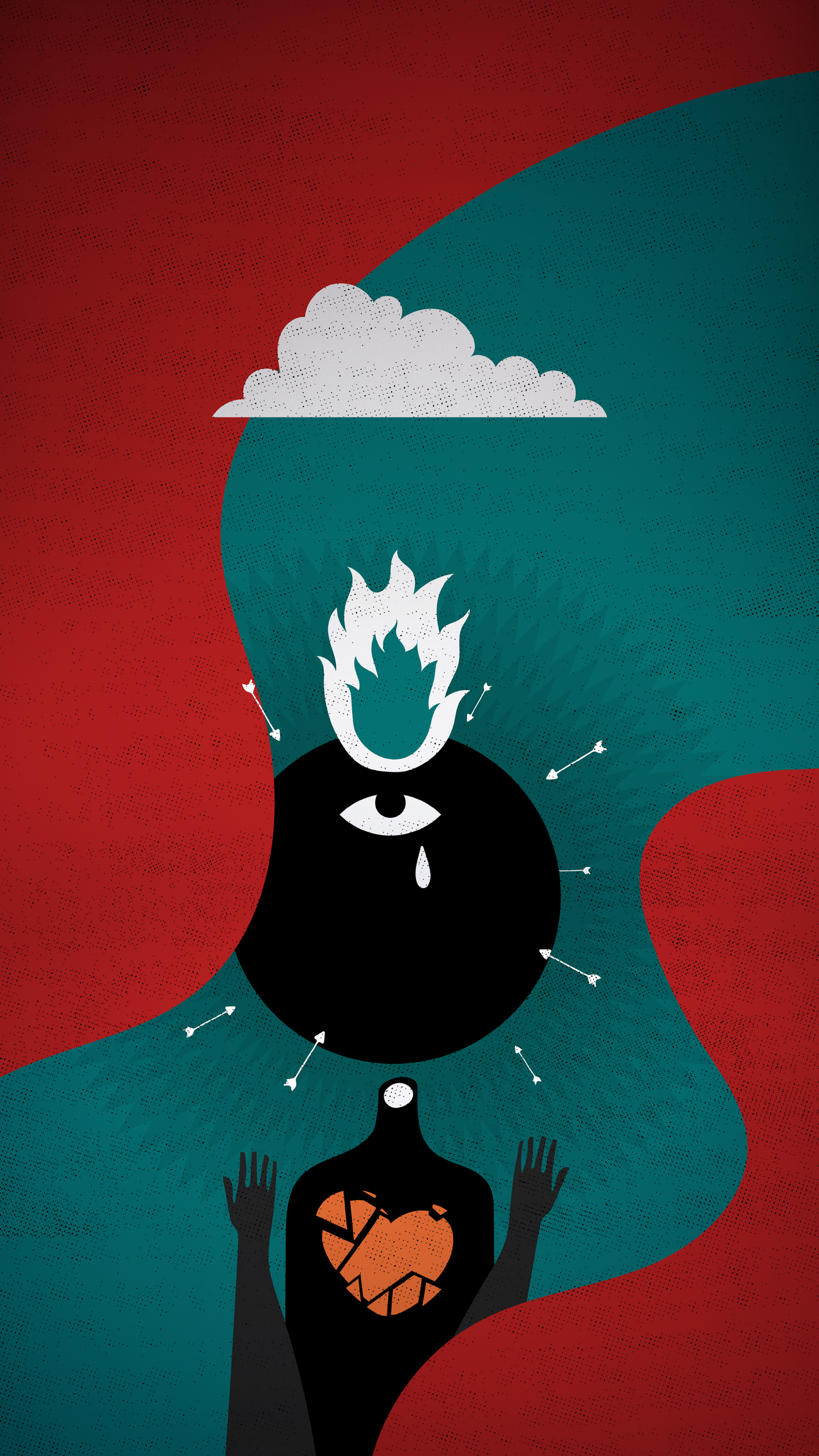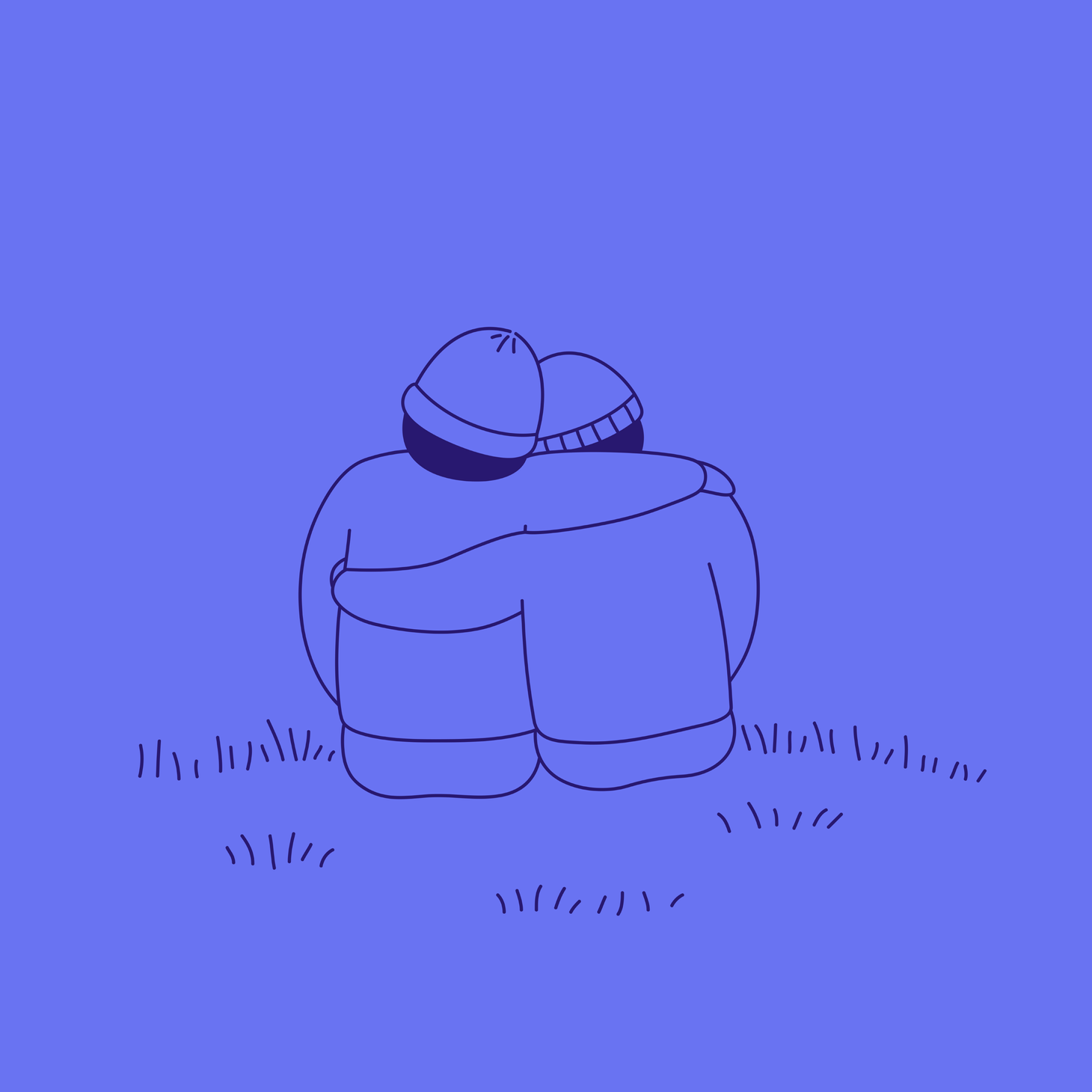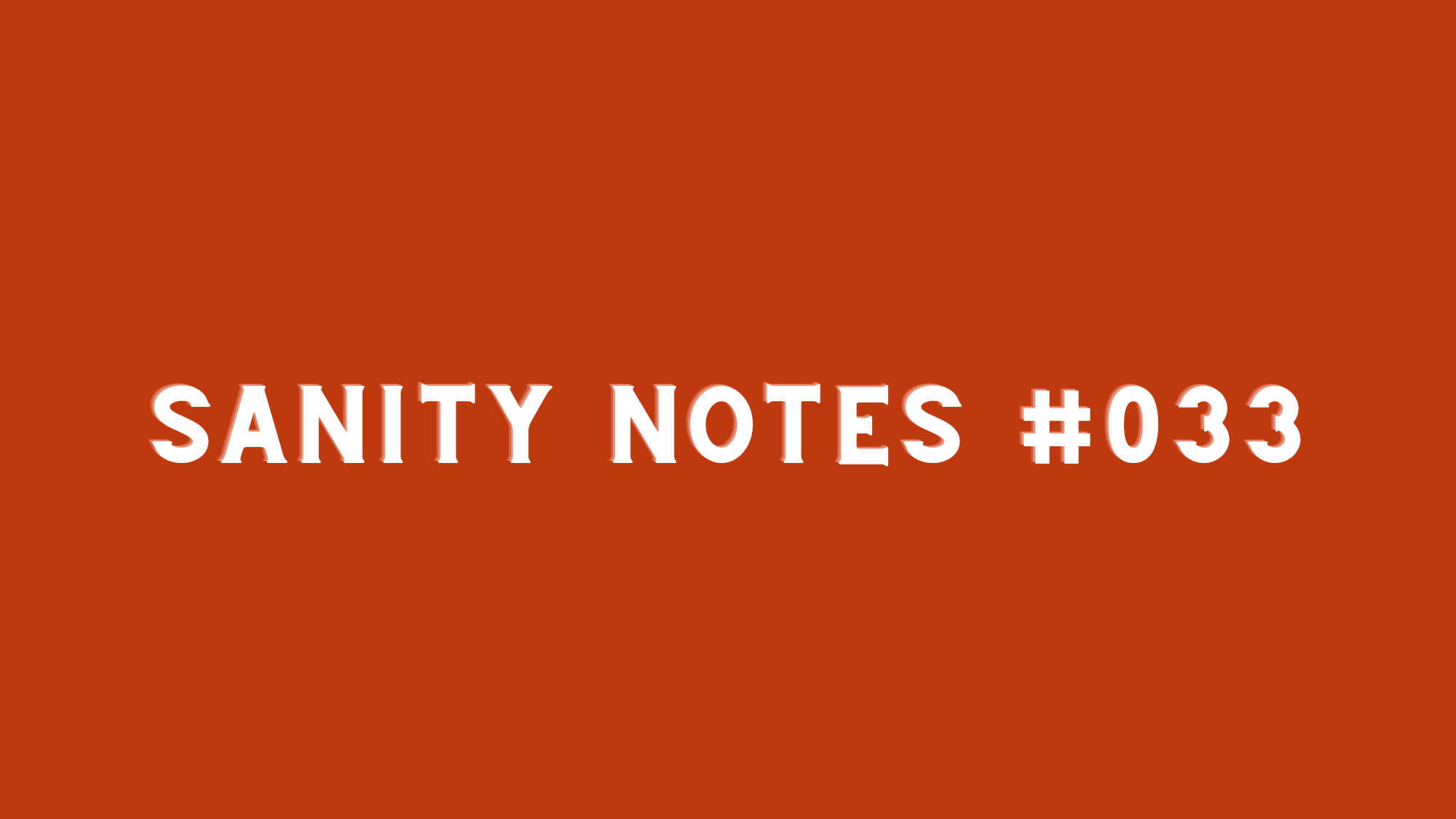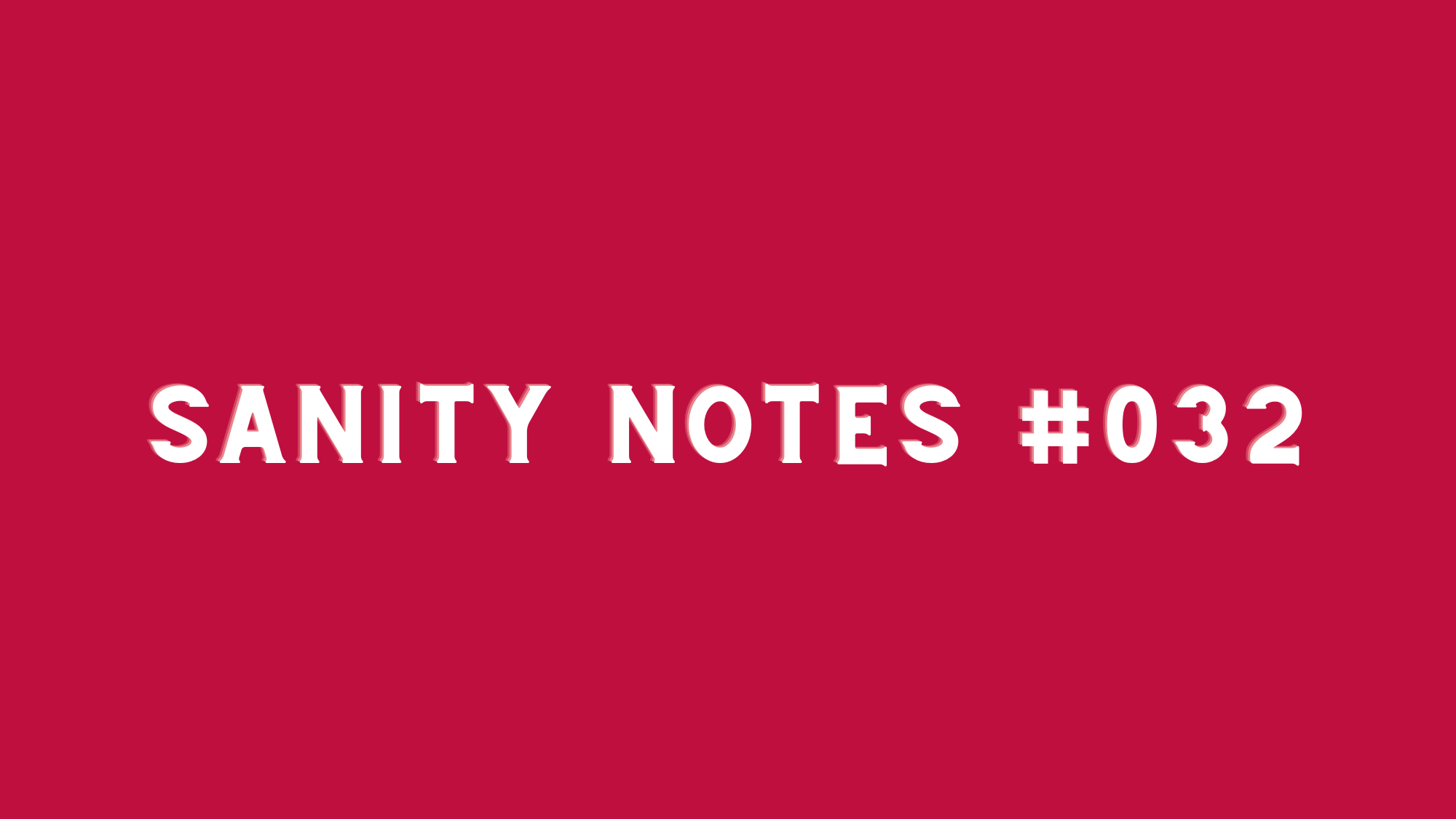Why is it so hard to be happy?
My own complicated relationship with happiness.

Fool me twice, shame on me
There was a five year period in my life where a lot of painful stuff happened. I lost a child. My father and step father both passed away in the same year. I went through a difficult divorce. As a CEO, I found myself having to lay off 80% of our staff as a result of financial challenges.
Those five years paralleled my experience of life in my teens. In my early childhood, my family was close and life felt secure. Summers were spent sailing and winters skiing. My grandparents lived nearby, and we spent many weekends with them fishing on the lake or making Christmas cookies on a cozy winter day. In my teenage years, that sense of security disappeared.
Unbeknownst to me, my father’s addiction to alcohol, and later prescription painkillers, had been bubbling below the surface for most of my life.
The addiction began to surface in our family life when I was 14 or 15 in the form of loud fights, silent dinners, and nights going to bed with no one in the family speaking to one another.
When I was 16, my 14-year-old sister became gravely sick with anorexia and bulimia. Her illness put the family in a tailspin. My parents became fully occupied with scouring the country for the best treatment centers available.
She would spend much of the next decade in and out of treatment centers around the US. For me, that summer of my 16th year marked the end of trusting happiness.
Those difficult years in my 30’s reinforced the message: happiness is not for you.
I now find myself ready to put that message to bed.
Turning the page toward happy
By contrast to those difficult years, the recent five years of my life have been full of richness and joy.
I fell in love with and married a brilliant, trustworthy, beautiful woman who feels like my first real life-partner. We have an adorable baby girl whom we dote on daily.
We live in our dream house a few blocks from the ocean. Our nights are filled with delicious food, family and friends, movies, and games.
The company I spent 7 years building did not go public, nor did it become the next Facebook, but we gutted it out, got profitable, and found our way to an exit of which I am quite proud.
I found my way to coaching work that fills my days with purpose and connection and provides my family more income than we need.
Even in the face of such joy, and so much plenty, happiness is still a complicated topic for me.
What am I protecting?
It is not that I never feel happy. I would say I feel deeply happy for large portions of my days.
But, I find it very challenging to trust happiness, to lean into it, and trust it to be ground firm enough on which to stand.
In these stable and love-filled years, I would like to learn to lean into the ease. To trust that this could be my life’s natural state.
In coaching parlance, we speak of an abundance vs. scarcity mindset. I find myself desiring to lean into a belief that my life might be full of abundance.
If a coaching client described this challenge to me, I might ask, “What are you protecting by assuming that pain is just around the next corner.”
If I ask myself that question now, as I sit with my laptop in my backyard, I can see that I am hoping to protect myself from surprise.
When I lost my family at 16, the suddenness of the loss was overwhelming.
When my first wife confessed to me her infidelity, that our second child was not mine, it felt like the earth had dropped beneath me.
When my father passed, it felt like a punch in the gut.
I did not want to lose my footing again. I did not want to be punched again.
In my 20's, I trained in the Israeli martial art of Krav Maga. One of the first practices we learned was awareness. Know your situation. Know the dangers which surround you. If you are going to get punched in the face, do not be surprised about it. Have your defense and counter-attack always at the ready.
Have your defense and counter-attack always at the ready.
Even as I write those words, I can see they succinctly sum up the world view I have come to carry subconsciously.
The distrust of happiness comes from a positive place; I desire to keep myself safe — what a beautiful intention.
But at what cost?
I am 41 years old. I am living a deeply blessed, connected, rich life.
Yet, I have such a difficult time fully enjoying the life I have been given.
What is ready to come to an end?
What is it that is ready to come to and end? -Jim Marsden
My own beloved coach, Jim Marsden, is deeply fond of that question. Jim is a specialist in transitions and frequently works with people who find themselves yearning for or in the midst of their life’s greatest change.
In his work, Jim pulls from many traditions including modern coaching techniques and ancient practices borrowed from native cultures. One of the practices he has learned from studying native cultures is honoring that which is ready to come to an end.
To really support the end of a belief, habit, or way of living, we must first celebrate the presence of the belief, habit, or way. It is essential we see how it has been of service before we can release it and move forward.
Seeing in my own life my desire to end this always-on-guard mindset, I can hear Jim’s voice in my head: write the letter. Celebrate the way it served you. Invite the ending.
Ok, Jim, here we go:
Dear Waiting for Suffering,
Thank you for the many ways you have kept me safe over the years. There have been some very rough days, and you have helped me to be vigilant when danger was near. You have helped me to keep my loved ones and teammates safe and to find our way to firm ground. You saved me a few punches in the face. I am grateful. But your tour of duty has come to an end.
We are in a safe place now. Life is good here. We are not under attack. And while danger or pain will certainly come again one day, we do not need to live in a state of vigilance. I can see clearly that the benefit of avoiding surprise does not warrant the cost of living in doubt of happiness. I want to be happy. I want to be present and fully with those I love.
I am ok to take the surprises when they come.
I can see now that living in connection will, in fact, resource me to handle the surprises in a better way than living with the fear in my own head. If I live happy, present, in connection, those people with whom I am connected will be the support I need whenever challenges arise.
Time for you to be on your way. I will be ok.
Sincerely, Matt
What I see as I allow myself to process here is the real benefit of leaning into happiness.
While I thought I was protecting myself with my wariness, I now see that I was, in fact, not only missing out on enjoying the present but also making myself more vulnerable.
Humans have thrived as a species because of our ability to organize and work together.
When I live in wariness, I am held back from connection and closeness with other humans. And that leaves me more vulnerable, not less.
It is time for more joy. It is time to let my guard down. It is time for more connection.
Looking ahead
I am excited about this phase. I am energized to explore what it is to embrace happiness: to believe that my days ahead will be full of joy, connection, and safety. To trust that this crazy universe in which we find ourselves is at its core a good place.
If you find yourself wrestling with similar questions, I would love to hear about them. Perhaps we might even explore together.
Wherever you find yourself in your own journey today, wishing you connection, support, and yes, happiness.
-Matt
Sanity Notes Newsletter
Join the newsletter to receive semi-weekly updates in your inbox.


